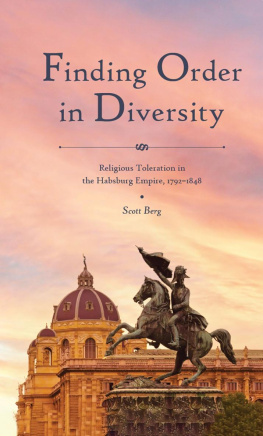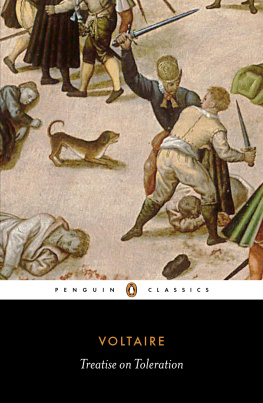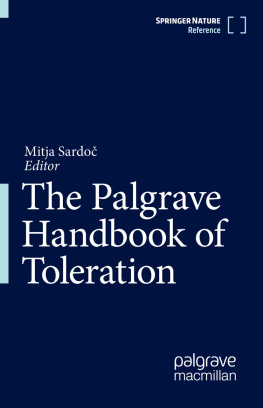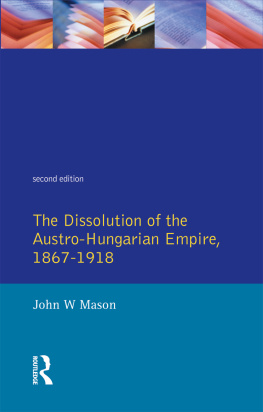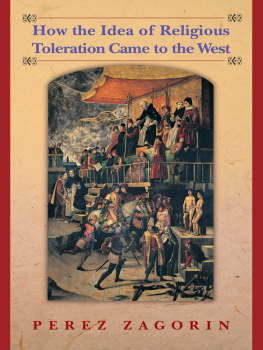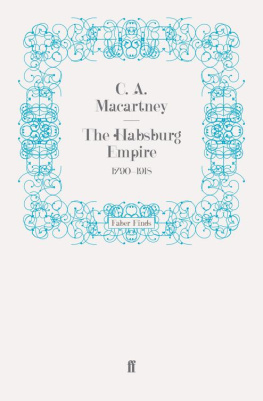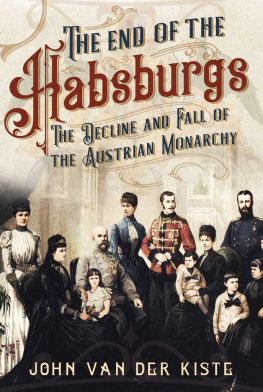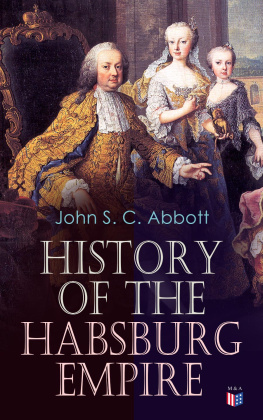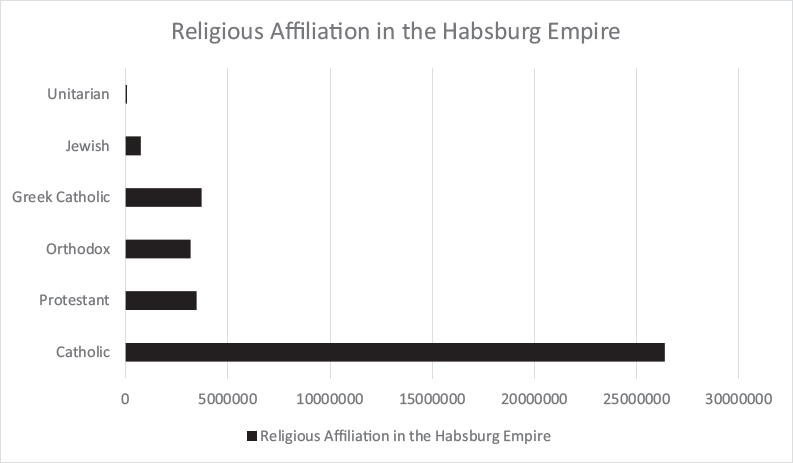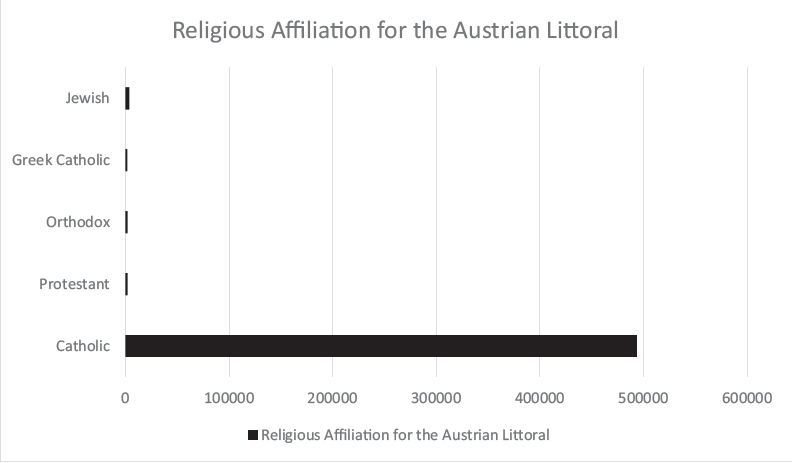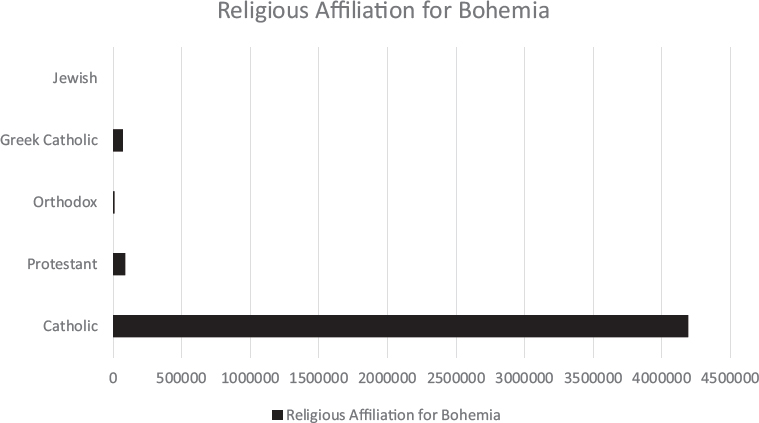
Finding Order in Diversity
Central European Studies
Charles W. Ingrao, founding editor
Paul Hanebrink, editor
Maureen Healy, editor
Howard Louthan, editor
Dominique Reill, editor
Daniel L. Unowsky, editor
Nancy M. Wingfield, editor
The demise of the Communist Bloc a quarter century ago exposed the need for greater understanding of the broad stretch of Europe that lies between Germany and Russia. For four decades the Purdue University Press series in Central European Studies has enriched our knowledge of the region by producing scholarly monographs, advanced surveys, and select collections of the highest quality. Since its founding, the series has been the only English-language series devoted primarily to the lands and peoples of the Habsburg Empire, its successor states, and those areas lying along its immediate periphery. Among its broad range of international scholars are several authors whose engagement in public policy reflects the pressing challenges that confront the successor states. Indeed, salient issues such as democratization, censorship, competing national narratives, and the aspirations and treatment of national minorities bear evidence to the continuity between the regions past and present.
Other titles in this series:
Unlikely Allies: Nazi German and Ukrainian Nationalist Collaboration in the General Government During World War II
Pawe Markiewicz
Balkan Legacies: The Long Shadow of Conflict and Ideological Experiment in Southeastern Europe
Balzs Apor and John Paul Newman (Eds.)
On Many Routes: Internal, European, and Transatlantic Migration in the Late Habsburg Empire
Annemarie Steidl
Teaching the Empire: Education and State Loyalty in Late Habsburg Austria
Scott O. Moore
Croatian Radical Separatism and Diaspora Terrorism During the Cold War
Mate Nikola Toki
Finding Order in Diversity

Religious Toleration in the Habsburg Empire, 17921848
Scott Berg
Purdue University Press West Lafayette, Indiana
Copyright 2022 by Purdue University. All rights reserved.
Printed in the United States of America.
Cataloging-in-Publication data is on file with the Library of Congress.
Hardcover ISBN: 978-1-61249-695-5
Paperback ISBN: 978-1-61249-696-2
ePub ISBN: 978-1-61249-697-9
ePDF ISBN: 978-1-61249-698-6
Cover image: TPopova/iStock/Getty Images Plus via Getty Images
For Emily
CONTENTS
ACKNOWLEDGMENTS
A BOOK IS RARELY the product of a single individual but rather of an entire network, and this work is no exception. I owe debts of gratitude to numerous individuals and institutions for academic scrutiny, funding, and personal support.
I received substantial professional support for this book. First and foremost, I would like to thank Suzanne Marchand. She introduced me to a wide network of scholars, looked over numerous drafts of this projects since its infant stage, answered countless questions, and has been a true mentor in every sense of the word. Karl Roider was always happy to provide helpful tips about the Balkans and the Ottoman Empire. James Brophy read portions of this project, in the dissertation phase, and mentored me on conference papers and grant proposals. Faculty and students at numerous conferences, most notably the Consortium on the Revolutionary Era and the German Studies Association, provided useful food for thought in this book. The faculty mentors and graduate students at the German Historical Institutes Transatlantic Seminar offered insightful criticism of ideas in this book, which led to necessary revisions. Howard Louthan and Rita Krueger were also generous enough to invite me to participate in a Seminar Fellows Program at the Center for Austrian Studies in 2017, which allowed me to share ideas in this book with an audience of Habsburg scholars. Friends, who are too numerous to name here, that I met in Baton Rouge, Vienna, and at numerous conferences were generous with their time and provided valuable scrutiny or comradery over coffee or beer, depending on the time of day. I would also like to thank the anonymous reviewers for their careful reading of my work and for their helpful comments. Finally, individuals at Purdue University Press were flexible with my deadlines and exhibited great skill in converting ideas in the manuscript into a book.
Numerous institutions also provided much-needed resources to complete this book. I would like to thank Louisiana State University, in particular the Graduate School, the College of Humanities and Sciences, and the History Department for funding travel to several conferences a year, which allowed me to expose various parts of this work to additional peer review. The Interlibrary Loan department at the LSU library also put every book in the United States at my fingertips. In addition, the LSU Dissertation Year Fellowship provided me with a year off to refine ideas and to conduct additional research. The archivists at the Haus, Hof, und Staatsarchiv (HHStA), Allgemeines Verwaltungsarchiv (AVA), and Magyar Orszgos Levltr (National Hungarian Archives) ensured that the lonely months in the archives were not wasted and were quick to help me navigate collections. In addition, employees at the sterreichische Nationalbibliothek (NBAustrian National Library) and Orszgos Szchnyi Knyvtr (National Szechenyi Library) provided assistance in accessing sources indispensable to my research. Grants by the LSU History Department, the Central European History Society, and the Botstiber Foundation funded numerous trips to Vienna and areas of the former Habsburg Empire.
Finally, I would like to thank my family, which was away or detached from me while I worked on this project. Each trip to Europe cost me months away from my family, and I spent years secluded in an office reading documents or other sources. In addition, my wife, Emily, delivered our first-born child while I was in Vienna, and my mother-in-law, Mary, stayed with her in the final months of that pregnancy. While my young children (Audrey, Garrett, and Julia) do not know much about the Habsburg Empire, despite my numerous lectures to them about it, I look forward to boring them about this and other topics in the years to come.
This acknowledgments section is far too short to thank everyone involved in this process, but if I forgot you, the next drink is on me. Despite all the help this book received, I am responsible for all errors in it.
GRAPHS
The following graphs indicate the religious affiliation for major provinces of the Habsburg Empire. K.K. Direction der administrativen Statistik, Uebersichts-Tafeln zur Statistik der sterreichischen Monarchie (Statistischen Mittheilungen: 1850)
Next page
